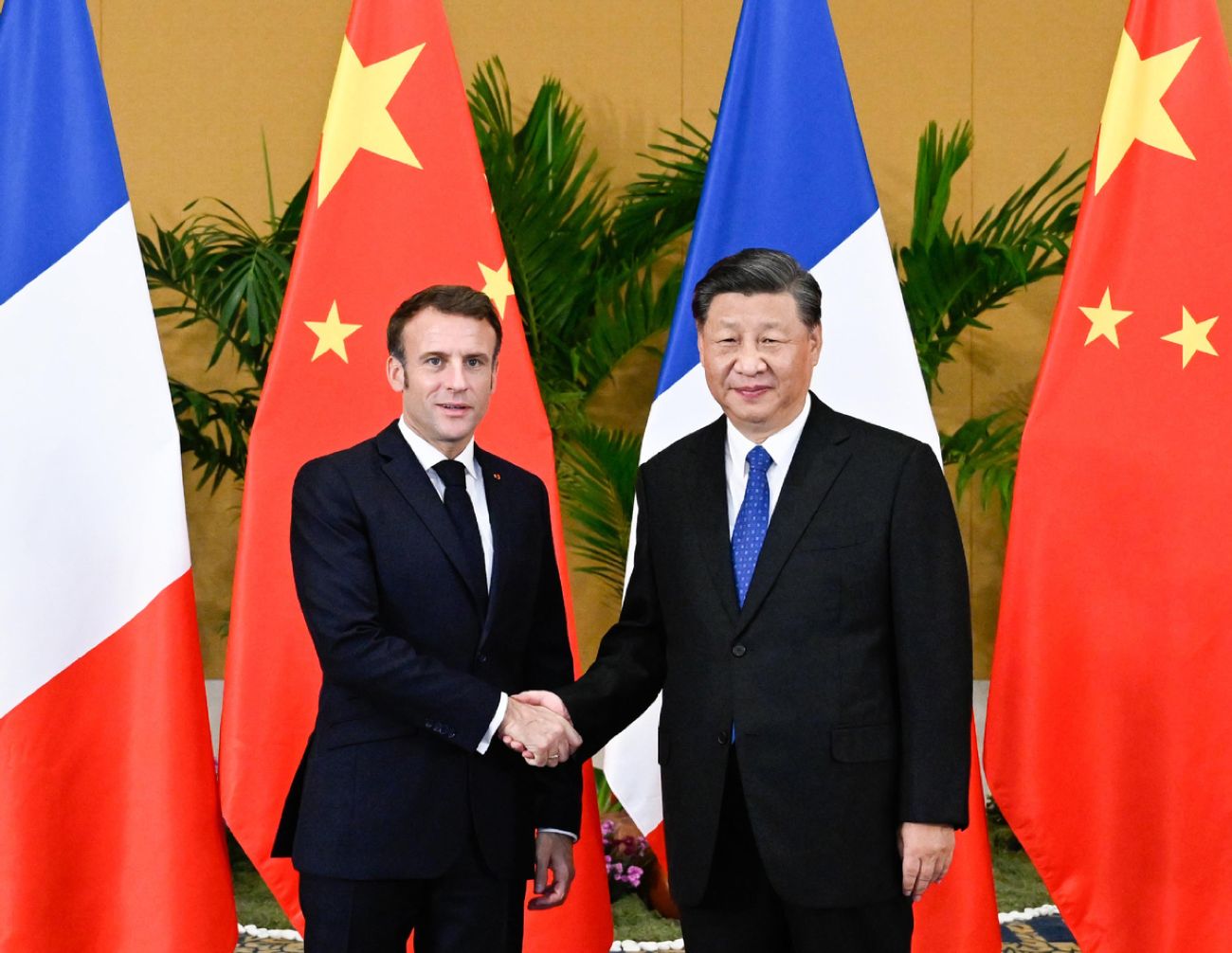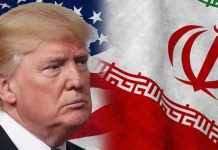Charles Michel, the President of the European Union, is scheduled to visit Beijing on December 1. As council chief, his role is to “represent the views of each of the EU’s 27 member states – a broad church when it comes to China, ranging from hawks such as Lithuania to doves in Hungary,” the paper said.
It hinted at the difference of opinions among the EU members on the vexing issue of the Ukrainian war. In a Twitter post, Michel later confirmed, “We will discuss global challenges as well as subjects of common interest.”
There is a growing impression among the EU members that the bloc has grown too reliant on the Chinese economy. However, the EU leadership would not want to highlight this impression directly.
Instead, they generalize the chief’s visit by affirming that the EU leaders aim to redefine relations with Beijing amid growing China-US rivalry. Michel will meet with President Xi, Premier Li Keqiang, and Li Zhanshu, chairman of the Standing Committee of the National People’s Congress in Beijing.
The trip is expected to signal changes in how the European Union handles its ties with Beijing.
New Thinking In The EU
Of late, new thinking has been noticed among some members of the Union that indicates their seriousness of re-assessing their relations with China, not necessarily from the US prism.
Knowing that it is of first importance for them to maintain the level of relationship with the US because that is the topmost economy of the world, the pragmatic EU leadership feels it is unavoidable to have working relations with a country that is struggling hard to overshadow the American economy.
As economy and politics go hand in hand in the contemporary world, the EU is eager that the war in Ukraine must end because it has been adversely affecting not only their economies but also world strategy. For that objective, the EU chief feels that only China can influence Russia to find a solution to the Ukrainian problem.
An EU official said the trip was for Michel to find out “what has changed and what are the new parameters” in the EU’s relationship with China. The EU seems to have begun to feel the impact of the US sanctions on Russia.
Energy and food are two critical sectors adversely affected by the war. The influx of thousands of refugees fleeing Ukraine and Russia further intensifies the pressing situation. Entire Eastern Europe is anxious, with the threat of alienation and polarization looming large.
The protracted Ukrainian war is the second debacle NATO is facing after its misadventure in Afghanistan. The Ukraine war has amplified European wariness towards China, as some see Beijing as siding with Russia for refusing to condemn Moscow over the invasion.
It is rather challenging to say whether NATO’s European member countries can retrieve their emphatic status in world strategies. If the EU succeeds in ending the war by urging Russia to come to terms, it would mean another feather in its cap.
This is what an official of the EU meant by saying, “Michel will raise China’s relationship with Russia with Xi, and every effort made to resolve this war would be welcome, and if one country has an influence on Russia, it is China.” Perhaps the underlying idea is that the EU would welcome the return of peace to Europe without dependence on the American role.
So far, more influential European states have made China face scrutiny over human rights issues and its investments in critical infrastructure overseas. It is the echoing of American censure against China.
In all probability, the EU may like to withstand the compulsion of walking along the marked footprints. This could be on the agenda of Michel’s meeting with the Chinese counterparts, including President Xi.
Europe’s Increasing Engagement With China
Chinese and European leaders have stepped up engagement in recent weeks. The visit of German Chancellor Olaf Scholz to Beijing earlier this month is significant as the two states have agreed to boost economic ties.
There has been some criticism of the German Chancellor’s visit to Beijing, and biased media even called the visit a failure. The criticism was drawn from the pervading concept that the EU had grown too reliant on the Chinese economy.
Whether the EU is too dependent upon the Chinese economy is a different question but outside the purview of this write-up.
Equally important are the remarks of Emmanuel Macron, the French President, on several occasions and in a broader context. For example, speaking at the APEC CEO forum in Bangkok, Macron called the struggle for supremacy between China and the United States “a big risk and a big challenge.”
He added that intensifying confrontation between the two nations had forced some countries to pick a side.

‘No Confrontation, Only Stability’
Earlier during the Group-20 summit at Bali, President Xi had met with two crucial members of the EU, namely French President Emmanuel Macron and Spanish Prime Minister Pedro Sanchez.
Though we have no access to what transpired between the two sides, from stray or offhand comments, one can presume what could have been the priority issues for them. For example, the French President said, “We do not believe in hegemony, we do not believe in confrontation, we believe in stability.
China’s Xi urged a return to ‘stable’ US ties in brief talks with Kamala Harris, the Vice President.” This indicates how the progressive elements within the EU would like EU-US-China triangular relations to take shape.
Notably, in recent weeks major EU members have shown a desire to re-engage with China after unprecedented geopolitical turbulence. Macron confirmed last week that he would travel to Beijing early next year.
“The sudden cacophony between leaders who are all heading for Beijing, the virtues that we are trying to find again in the Chinese government – climatic role, influence on Moscow, partner ‘trusted and reliable … on the contrary, show Xi Jinping that far from backing down, he can now choose to move forward,” wrote François Godement, adviser for Asia at the Institute Montaigne, a French think tank.
Forough, a research fellow at the German Institute of Global and Area Studies, Hamburg-based international relations think tank, was more forthright in saying that the trip (of the EU President) is part of Europe’s efforts to define a strategically autonomous role for itself in this global context.”
Forough has very ably concluded that “All these meetings, including Michel and Scholz’s trips to Beijing, Xi’s meetings with EU leaders at the G20, as well as upcoming visits by France’s Macron and Italy’s [Prime Minister) Georgia Meloni and others should be understood as the EU’s efforts to develop an independent strategic role worldwide.”
This is one of the significant impacts of the Ukrainian war on global strategies.
- Padma Shri KN Pandita is the former Director of the Centre of Central Asian Studies at Kashmir University. Views expressed here are of the author’s.
- Mail EurAsian Times at etdesk(at)eurasiantimes.com
- Follow EurAsian Times on Google News




